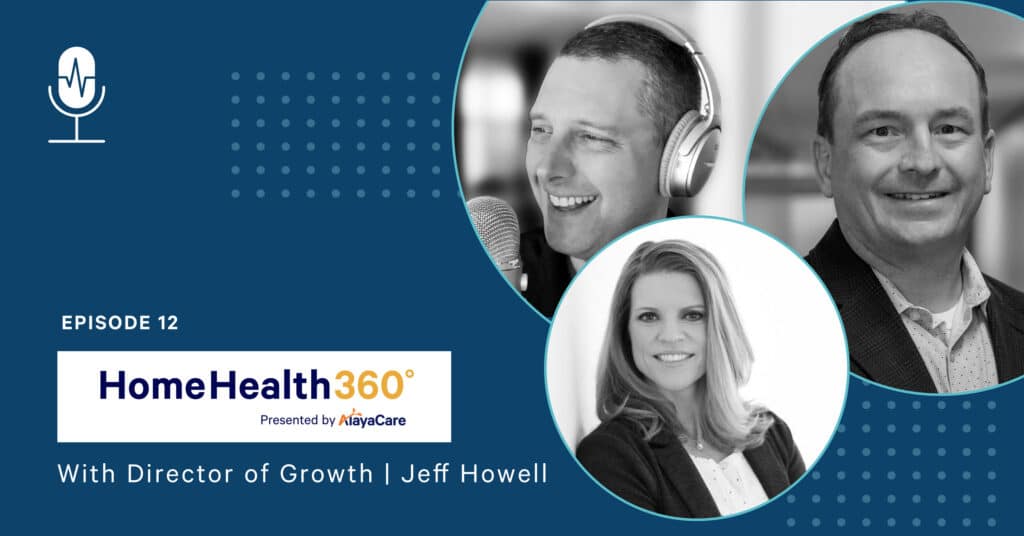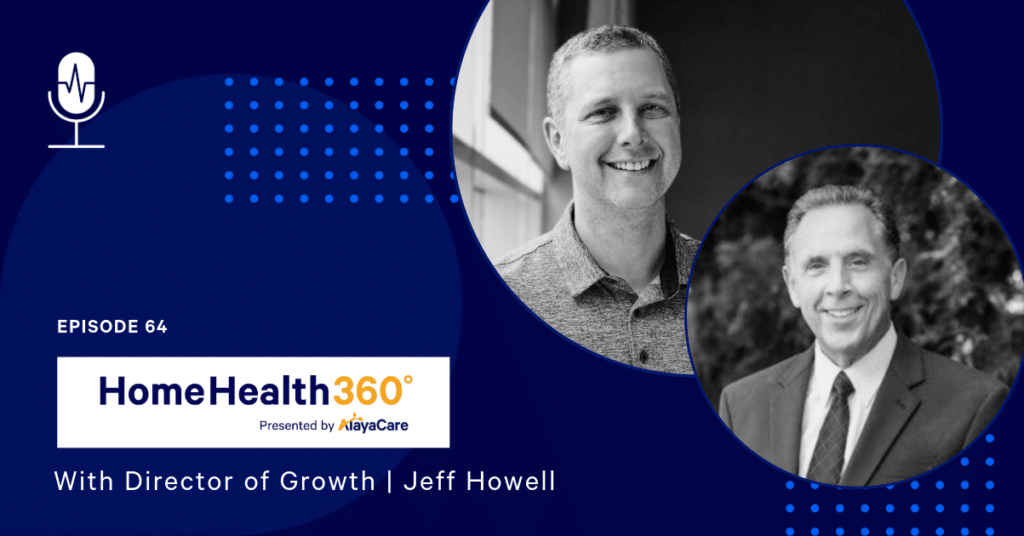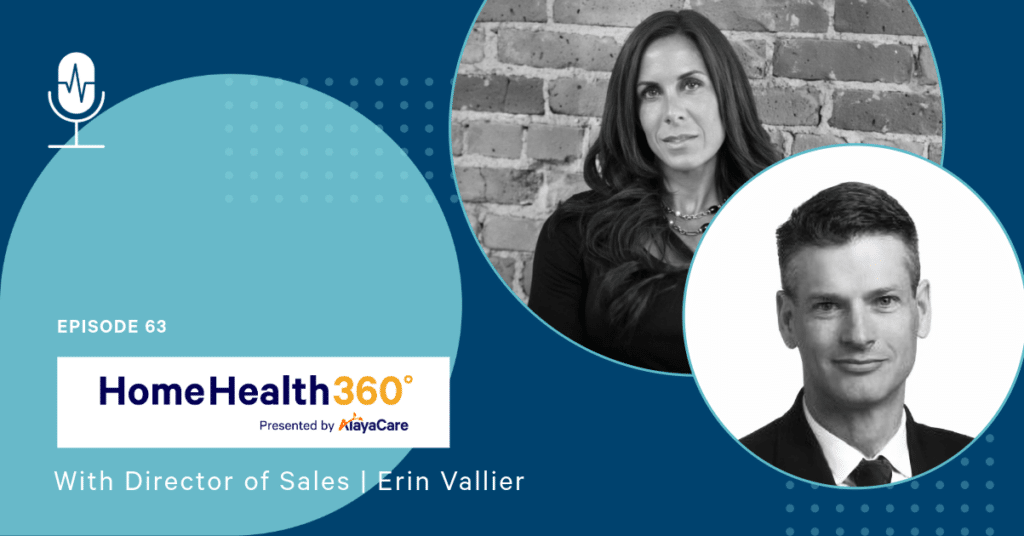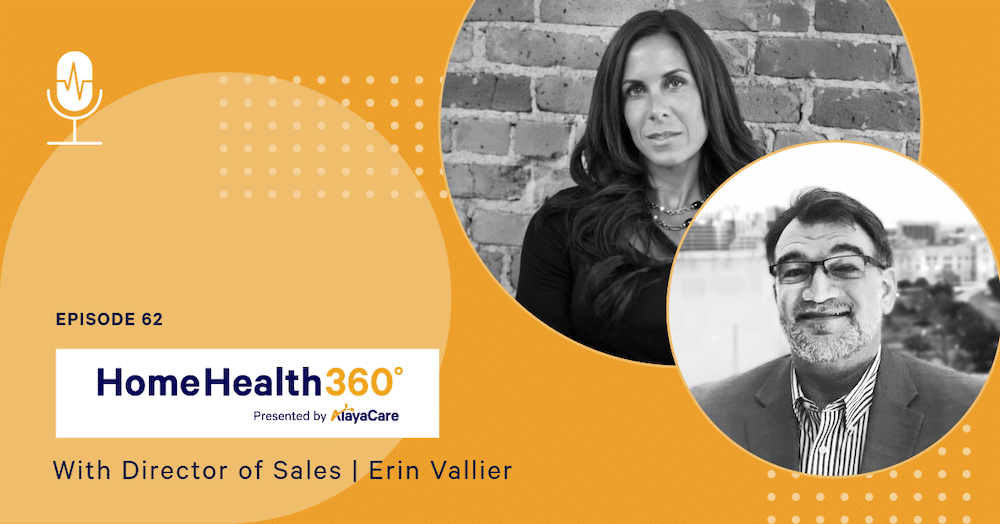Episode Description
We sit down with Michael Slupecki, CEO, and Shelley Kanther, VP Marketing at Griswold Home Care. They talk about the long history of Griswold as the older non-medical home care franchise in the US and the recent revamping of their marketing team to focus on attracting new franchisees and caregivers.
Michael and Shelley touch upon the importance of supporting their franchisees with the tools to attract and maintain caregivers. Specifically, how Griswold uses new technology to keep their new caregivers happy and how that translates to better client outcomes.



